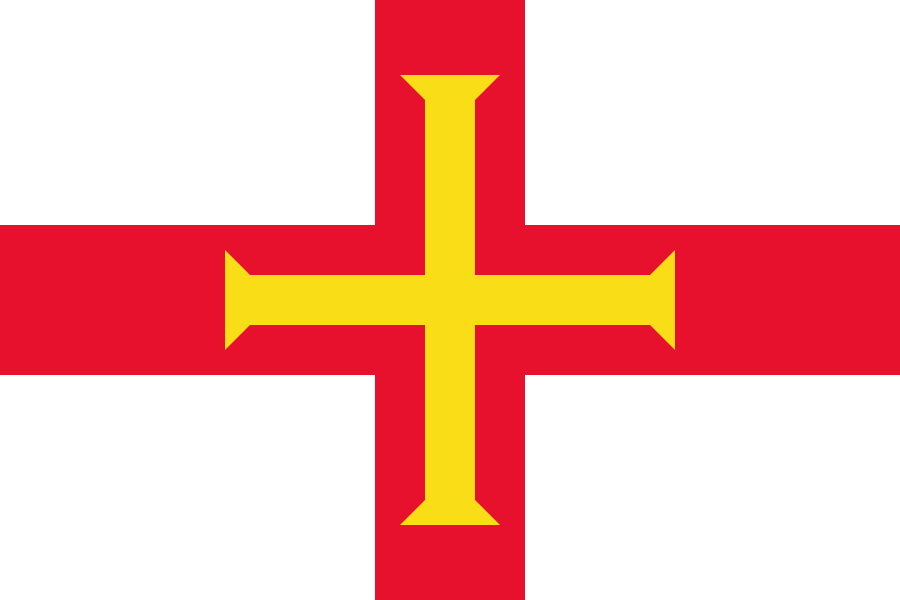Guernsey could transform into a strategic logistics hub by leveraging three key advantages: world-class port and airport infrastructure, bonded warehousing facilities, and strategic neutrality. This combination would position the island as a "mini-Singapore in the English Channel" - an ideal midpoint for transshipment between Asia and Europe/UK, particularly for high-value or time-sensitive goods.
Chinese and global logistics firms could utilize Guernsey as a staging post for goods headed to both UK and EU markets. Bonded warehousing would allow goods to be stored without paying import duties or VAT until market decisions are made, while our financial sector could provide complementary trade finance, insurance, and currency services.
Example: Chinese Electronics Company
A smartphone manufacturer in Shenzhen could ship to Guernsey instead of congested European ports. At Guernsey's port, containers would be quickly unloaded with some immediately reloaded onto smaller ships for France and Spain, while others are air-freighted to the UK or Germany. Excess inventory could be stored duty-free in bonded warehouses until distribution decisions are finalized.
The magic happens when our three strategic levers overlap:
- 🚢 Transshipment - Fast, efficient re-routing hub for cargo
- 📦 Bonded warehousing - Store goods duty-free until market decision
- 🌍 Strategic neutrality - Not automatically following US/UK sanctions, remaining open to all partners
This combination would make Guernsey an attractive "safe hub" for Chinese firms looking for faster, more flexible supply chains into Europe, especially if geopolitical tensions result in restrictions elsewhere.
The Result: Instead of merely being a passenger stop between the UK and France, Guernsey would become a global logistics hub generating income from port fees, airport cargo, warehousing, financial services, and creating new employment opportunities.
"Guernsey could become the Singapore of the English Channel - a neutral, efficient hub where global trade and finance converge."
 THE PEOPLE'S DEPUTY
FIGHTING FOR
THE PEOPLE'S DEPUTY
FIGHTING FOR
